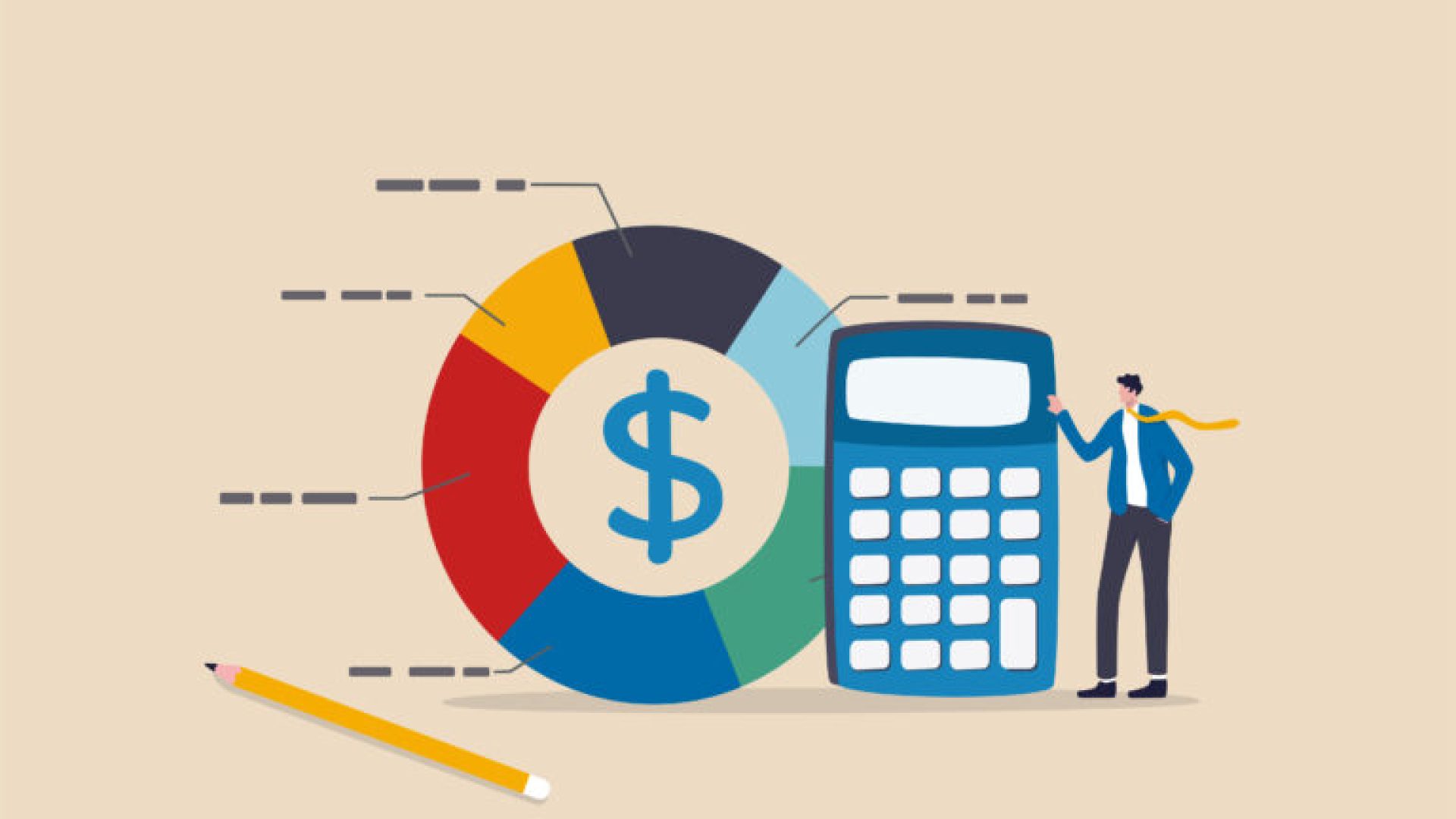When creating a property management budget,it is advisable to concentrate on your existing operating expenses. It is the most effective way to identify areas where you may be overspending or discover opportunities for increasing your profits by saving money.
Operating expenses related to property management can fluctuate depending on the type of property, its size, location, and the services offered. However, the following are typical operational expenditures that property managers may might face:
Property Maintenance:
- Regular maintenance and repairs to keep the property in good condition.
- Landscaping and groundskeeping.
- Check out this article to see how to calculate your property maintenance budget.
Utilities:
- Water, electricity, gas, and other utility expenses.
- Trash removal.
- The average monthly cost of utilities in the United States is $400
Insurance:
- Property insurance to cover potential damages and liabilities.
- Liability insurance to protect against claims from injuries or accidents on the property.
- Average annual insurance premiums for residential properties in the United States is around $1,200
Taxes:
- Property taxes assessed by local authorities.
- Most homeowners pay on average $2,500 a year in property taxes.
Management Fees:
- Compensation for the property management services, which can be a percentage of the rental income. Typically 8% – 12%.
- If a property generates a rental income of $2,000 the property management fee would be around $160 to $240.
Advertising and Marketing:
- Costs associated with advertising rental properties and marketing efforts.
Legal and Professional Fees:
- Legal expenses for drafting and reviewing contracts.
- Fees for professional services, such as accounting.
- Legal fees can range from $500-$2,000 per month depending on the property portfolio and accounting fees can range from $200-$500 per month.
Administrative Costs:
- Office supplies and administrative expenses.
Employee Salaries:
- Salaries for on-site property managers and maintenance staff.
- The average salary for property managers in the United States is around $55,000 per year
Security:
- Costs associated with security measures, such as surveillance systems or security personnel.
HOA Fees:
- If the property is part of a homeowners association, there may be fees associated with it.
Property Management Software:
- Costs for software used in managing properties and handling financial transactions.
Reserve Funds:
- Setting aside funds for future capital expenditures or unexpected expenses.
Inspections:
- The cost of periodic inspections to assess property conditions.
Vacancy Costs:
- Costs associated with turnover, such as cleaning and preparing a unit for a new resident.
Communication:
- Costs related to communication with residents, such as phone bills or online communication tools.
Training and Education:
- Costs for training property management staff and staying updated on industry trends.
It’s important for property managers to carefully track and manage these expenses to ensure the financial health of the property and maximize returns for property owners. Additionally, some expenses may be passed on to residents through lease agreements, depending on local laws and market conditions.
How To Lower Property Management Operating Expenses
Lowering property management operating expenses can contribute to increased profitability. Here are some strategies to help reduce these costs:
Regular Maintenance and Preventive Measures:
- Implement a proactive maintenance schedule to address issues before they become costly problems.
- Conduct regular inspections to identify and address maintenance needs promptly.
Technology Utilization:
- Implement property management software to streamline processes and reduce administrative costs.
- Use online platforms for rent collection and communication to save time and resources.
Employee Staffing and Training:
- Provide training for property management staff to enhance efficiency and reduce errors.
- Cross-train employees to handle multiple tasks, reducing the need for specialized roles.
- Ensure you have the right-size staff to handle incoming work orders and ensure productivity.
Smart Budgeting and Expense Tracking:
- Develop a detailed budget and regularly review it to identify areas for potential cost savings.
- Use software tools to track expenses and identify trends over time.
Effective Resident Screening:
- Implement a rigorous resident screening process to reduce the likelihood of property damage and evictions.
- Reduce turnover by fostering positive resident relations and addressing concerns promptly.
Expense Benchmarking:
Technology for Remote Management:
- Leverage technology to remotely manage properties, reducing the need for on-site staff and associated costs.
By implementing these strategies, you can work toward optimizing your property management operating expenses while maintaining the quality of service provided to residents and property owners. Regularly reviewing and adjusting your approach based on changing circumstances and market conditions is crucial for ongoing cost management.
9 Steps To Track Property Management Operating Expenses
Effectively monitoring expenses related to property management is the first step in maintaining financial health and maximizing profitability. Here are 9 steps to establish an effective system for monitoring expenses:
Create a Detailed Budget:
- Develop a comprehensive budget that includes all anticipated expenses. Break it down by category, such as maintenance, utilities, insurance, etc.
Use Software:
- Invest in property management software that allows you to track income and expenses.
- Ensure your chosen software provides detailed financial reports, budget tracking, and the ability to categorize expenses.
Regularly Review Financial Reports:
- Set a schedule for regularly reviewing financial reports, such as profit and loss statements and balance sheets.
- Compare actual expenses against budgeted amounts to identify variances.
Automate Processes:
- Automate routine financial processes, such as rent collection and invoice payments, to reduce manual errors and streamline tracking.
Compare Actuals to Budget:
- Regularly compare actual expenses to the budget. Identify areas where actual expenses exceed budgeted amounts and investigate the reasons.
Forecasting:
- Use historical expense data to forecast future expenses. This can help in creating more accurate budgets and anticipating financial needs.
Emergency Fund:
- Maintain an emergency fund for unforeseen expenses. This can help in managing unexpected costs without significantly impacting cash flow.
Training and Education:
- Invest in training for property management staff to ensure that they are equipped to manage financial aspects efficiently.
Adjust Budget as Needed:
- Be flexible with your budget. If market conditions change or unexpected expenses arise, be prepared to adjust the budget accordingly.
By implementing these practices, you can establish a robust system for monitoring property management expenses. Regular reviews, proactive management, and the use of technology can contribute to more accurate financial tracking and better decision-making. Failing to track your operating expenses can lead to an unpredictable NOI, which damages your relationships with your investors.






